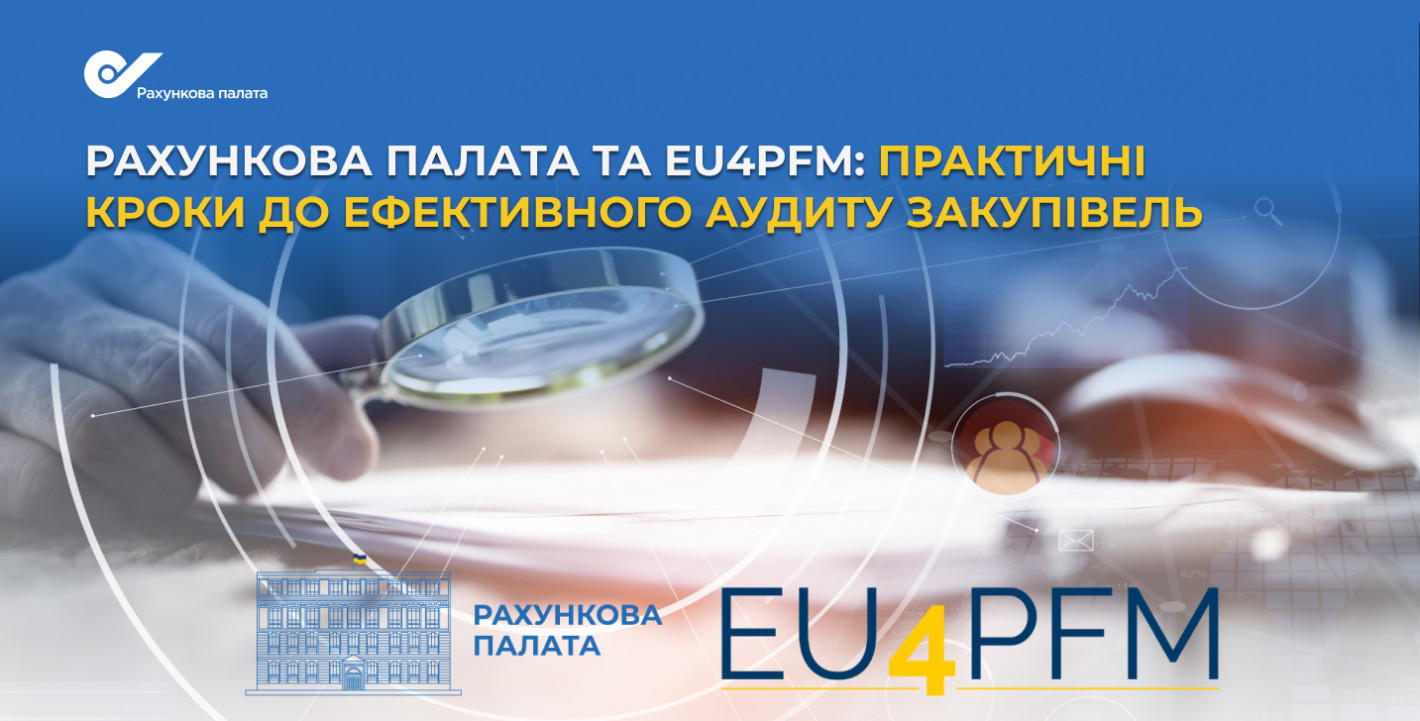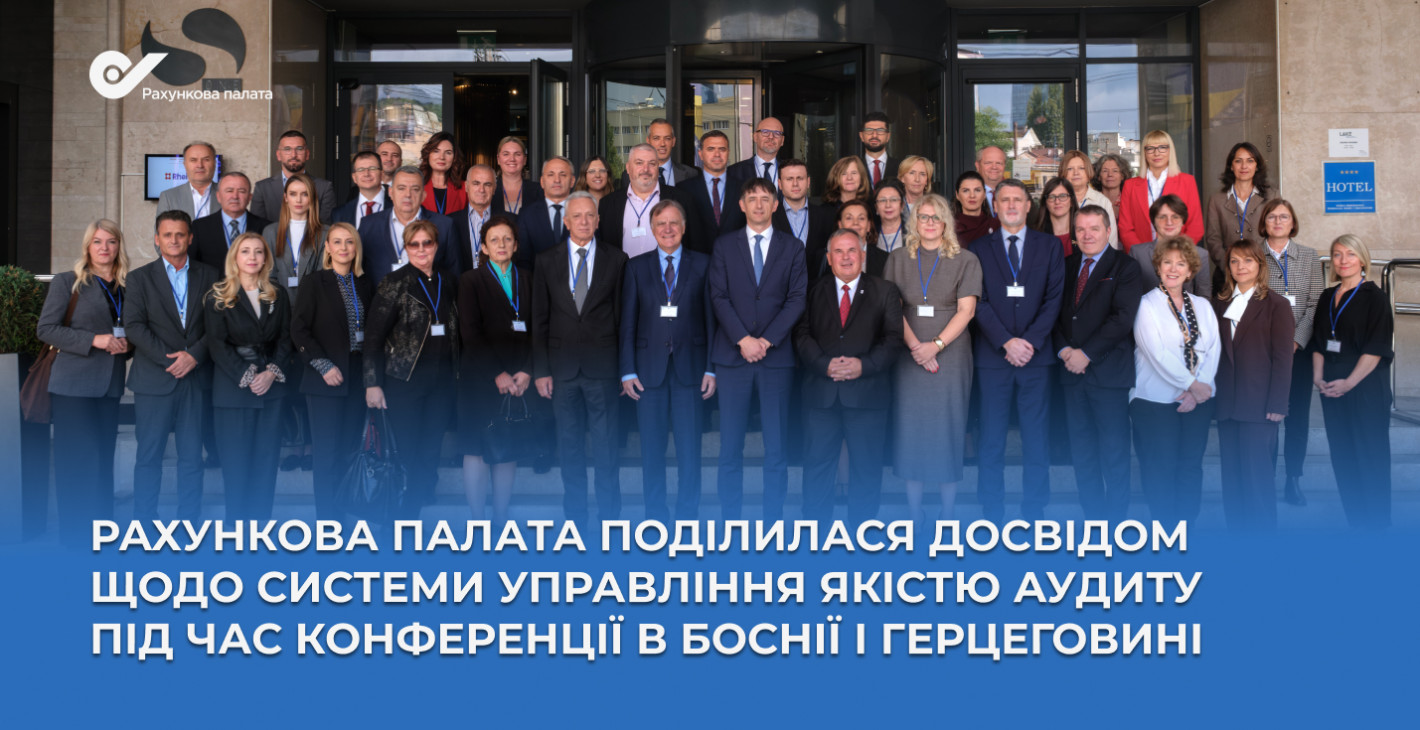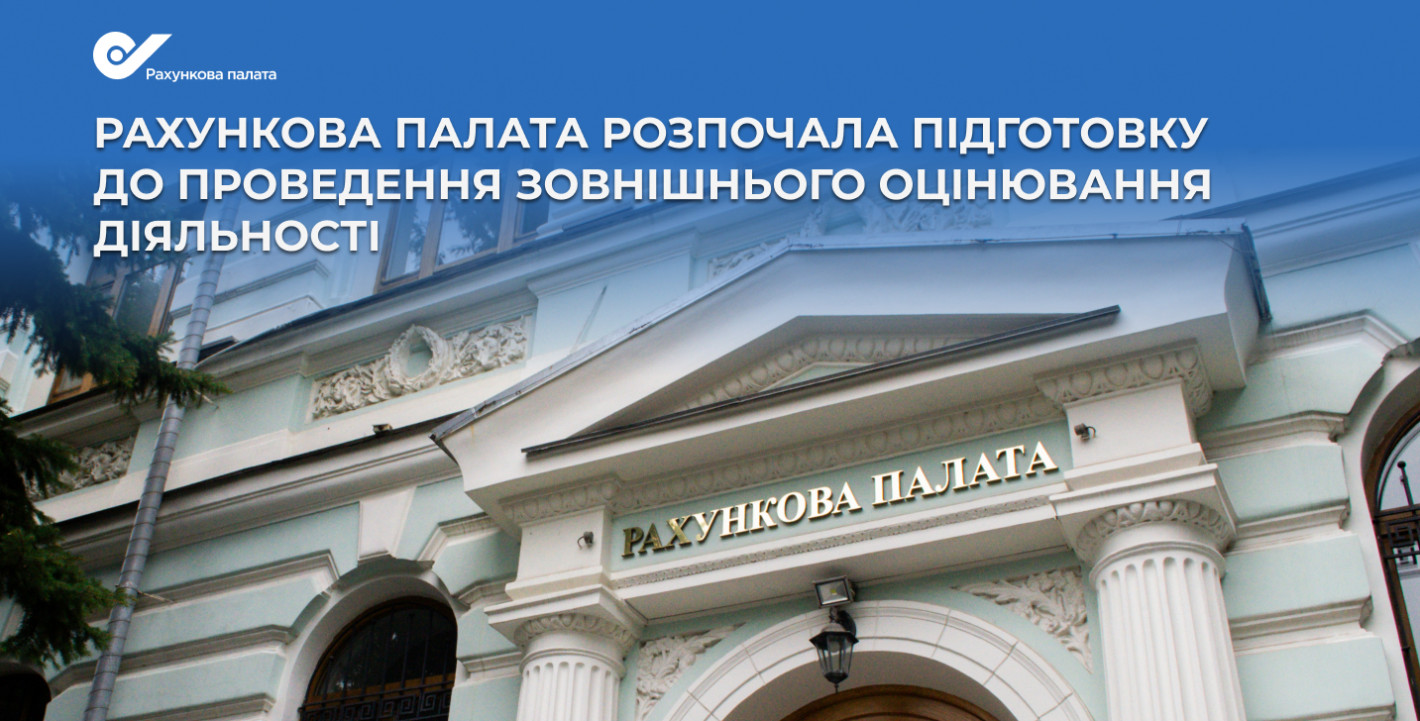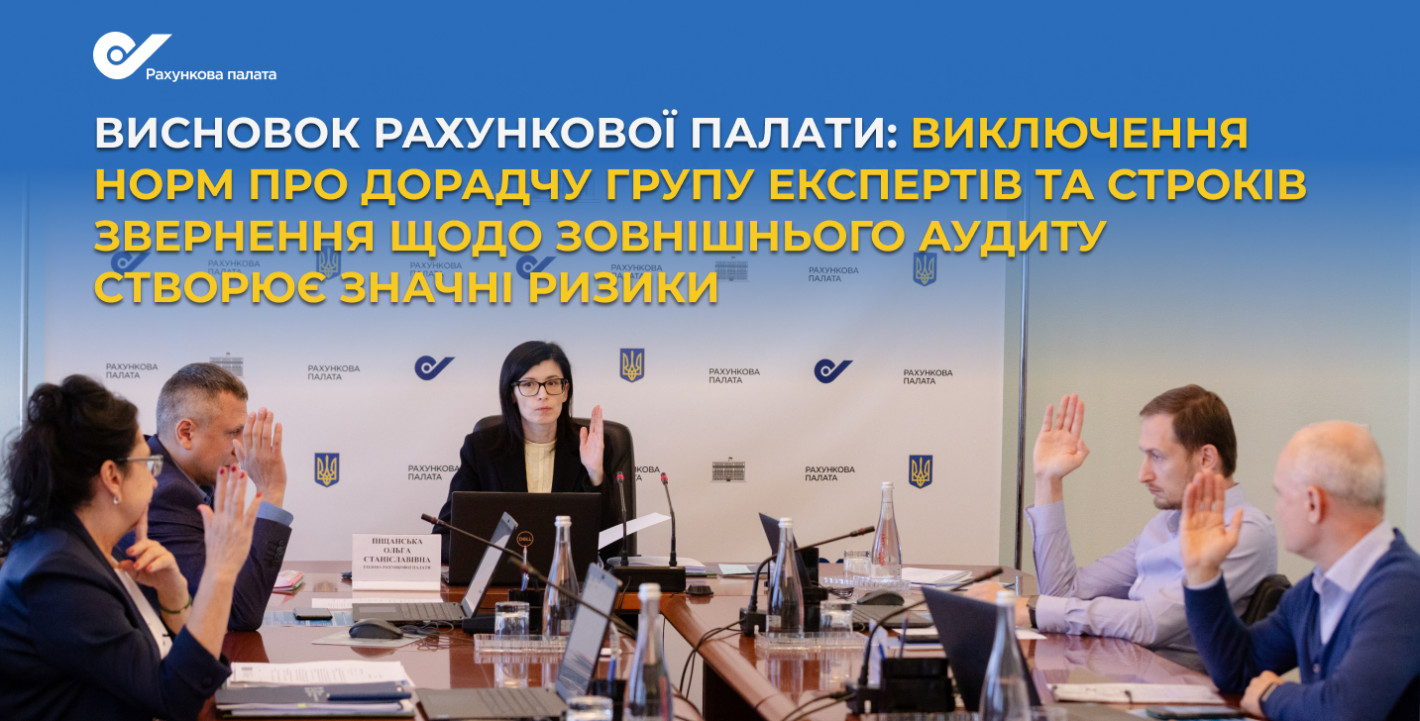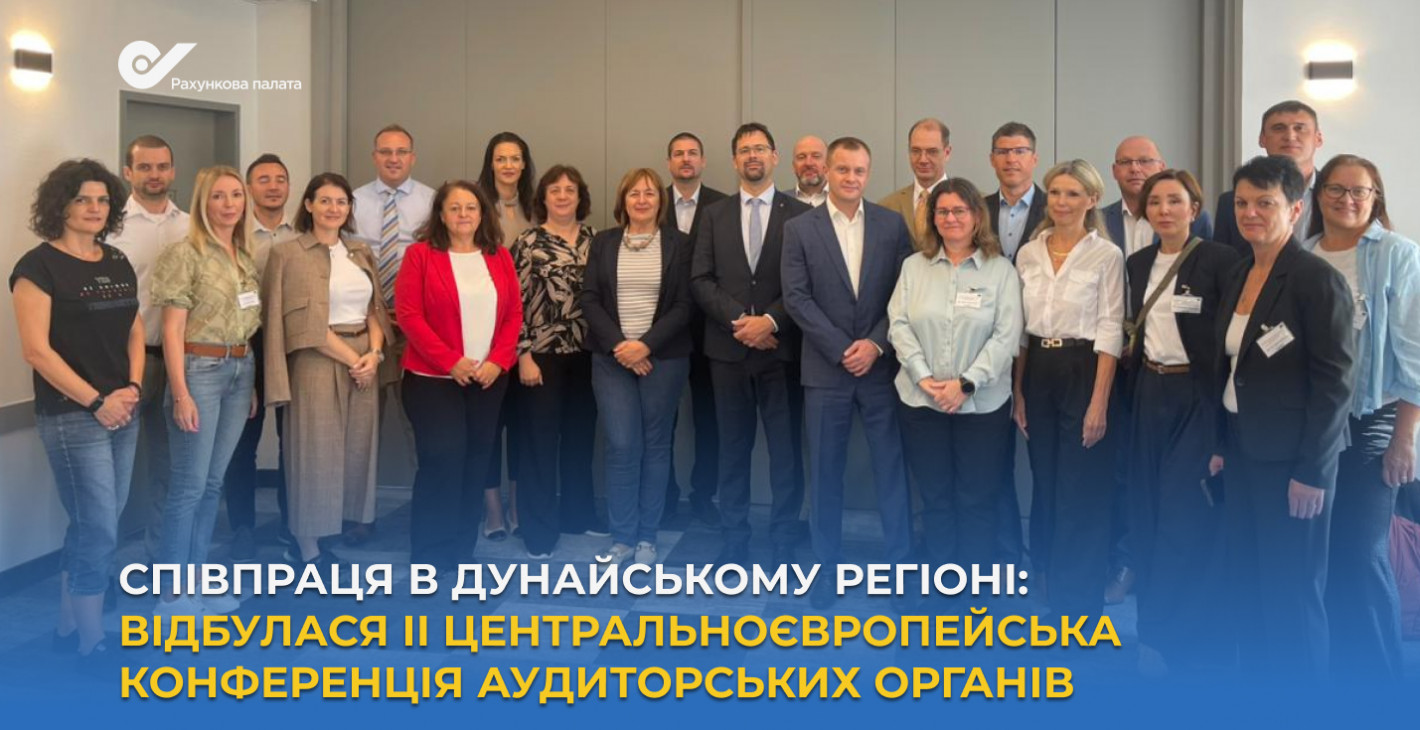The Accounting Chamber’s specialists and experts of the Component 2 “Public Procurement” under the EU4PFM Programme discussed the application of the Public Procurement Audit Guidelines. They discussed practical cases, modern approaches and international best practices for conducting compliance audits of public procurement. These recommendations have been developed by the EU4PFM team specifically for auditors of the Accounting Chamber. They do not replace the audit standards, methodology or procedures applicable to the audits carried out by the Accounting Chamber, but complement them and contribute to improving their quality.
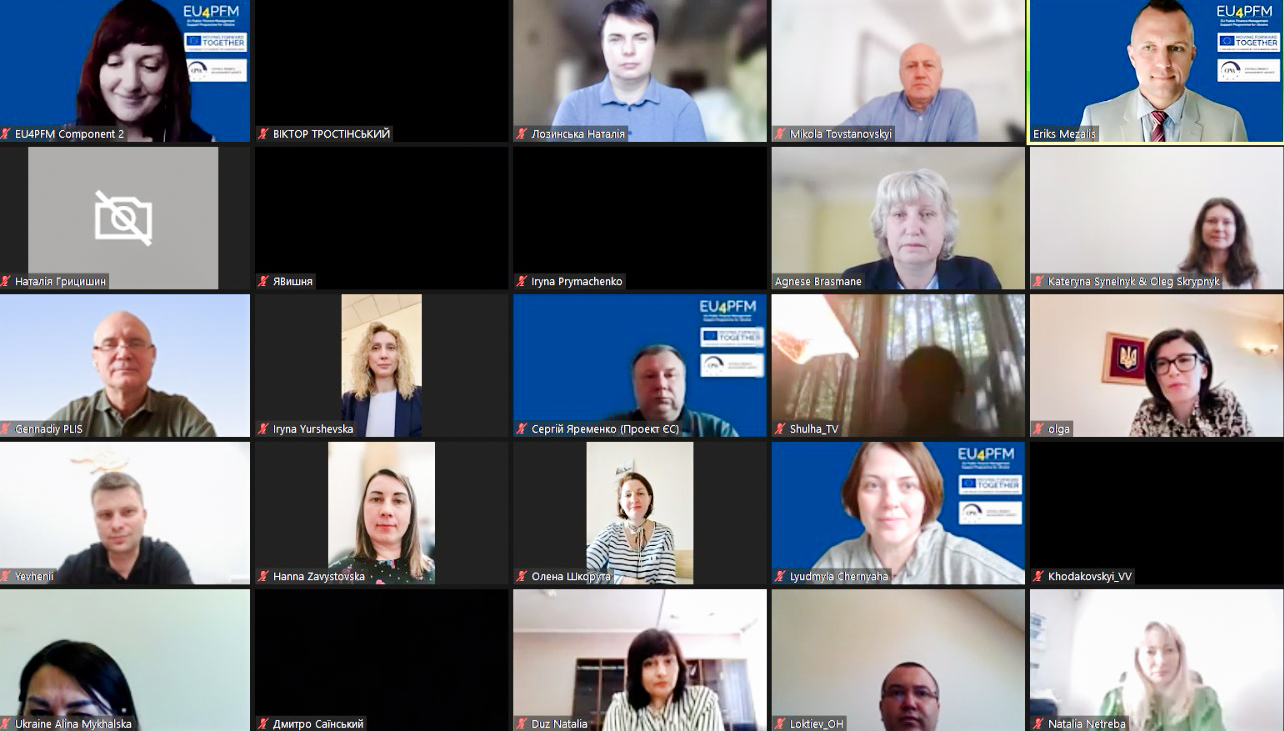
During the meeting, Olha Pishchanska, the Chairwoman of the Accounting Chamber emphasised that the Guidelines cover all the key stages of public procurement process and are useful in planning and conducting compliance audits, which include, among others, oversight of the procurement process.
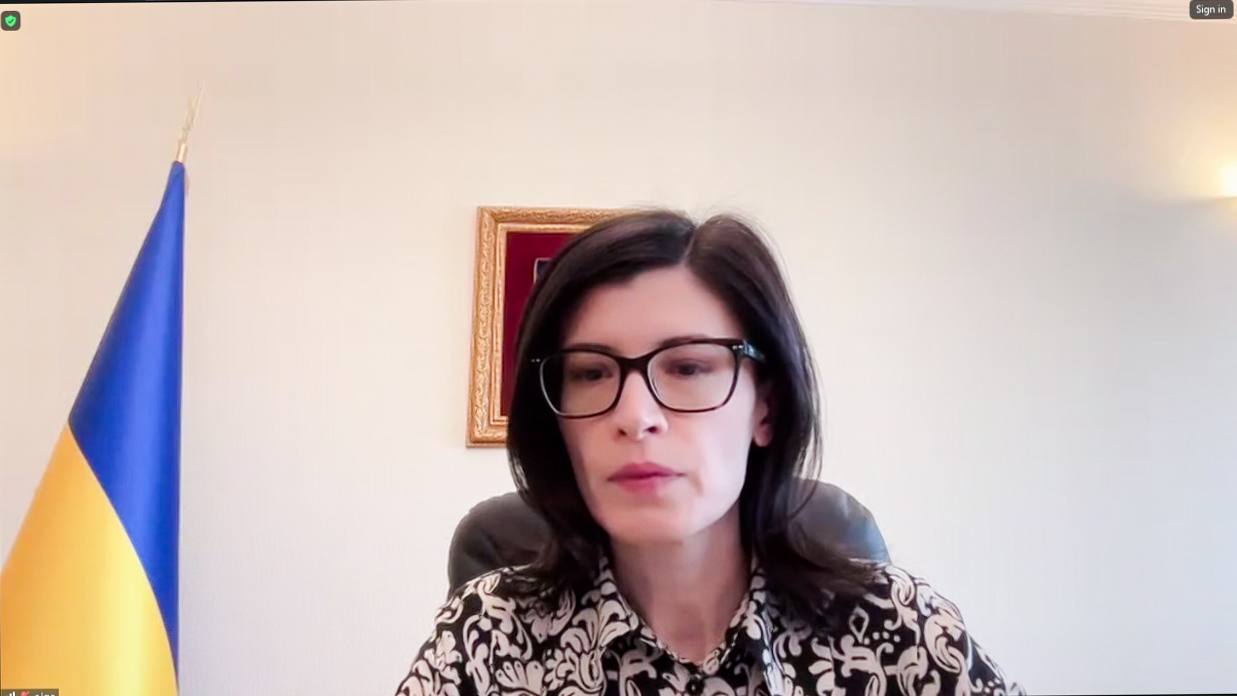
"Today, more than ever, it is important to provide the public with objective information on procurement management policies and the efficiency of the use of public funds. These materials are useful for our auditors in terms of the process of planning and conducting compliance audits that may include public procurement issues. It is valuable for us that these recommendations take into account the approaches used by the SAIs of EU Member States, which is in line with Ukraine's willingness to align its procurement legislation with the European standards," said Olha Pishchanska.

Eriks Mezalis, Team Leader of the EU4PFM Procurement Component, confirmed the team's readiness to continue supporting public procurement reform in Ukraine. He emphasised that the Accounting Chamber as an independent auditor plays an important role - its recommendations make a real impact on the transformation of the system.
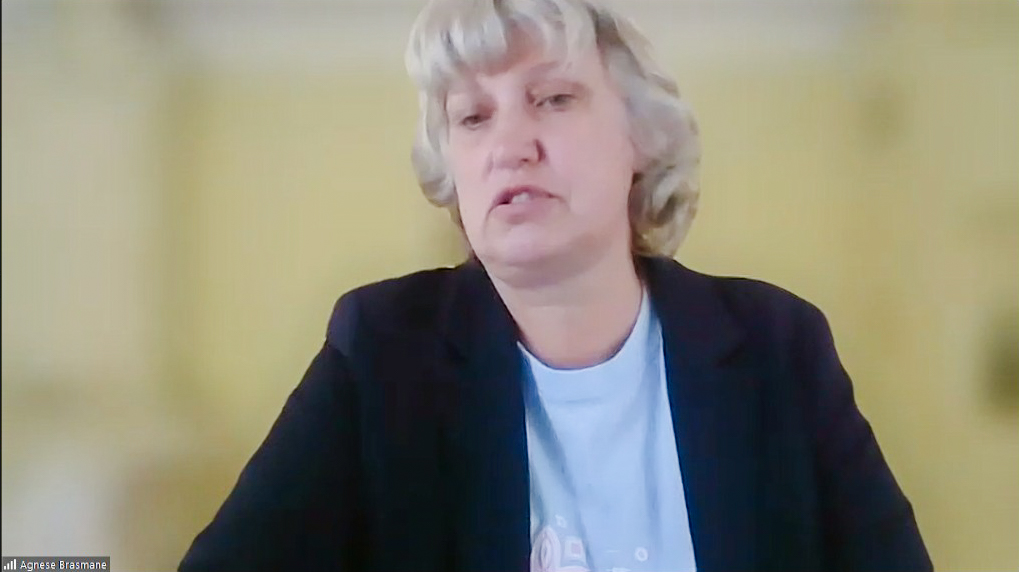
Agnese Brasmane, the international audit expert, presented the structure of the document and its elements, in particular an assessment of the state's public procurement policy, a general assessment of the management of the public procurement function of the auditee, the organisation and documentation of the auditee’s procurement process, indicative procurement audit questions, key planning stages and audit risks. Ms. Brasmane also drew attention to the possibility of familiarising with the EU case-law on public procurement, which is included in the annexes to the recommendations.
Following the event, Gennadiy Plis, Member of the Accounting Chamber, thanked the experts for their professional support and noted that the auditors are already applying the recommendations in their work, pointing to the need to further improve the document in terms of risk prioritisation, taking into account its practical application.

It is worth recalling that the Accounting Chamber systematically analyses the annual reports of the Ministry of Economy on the functioning of the public procurement system and carries out procurement audits both as a separate audit activity and as a part of compliance audits.


